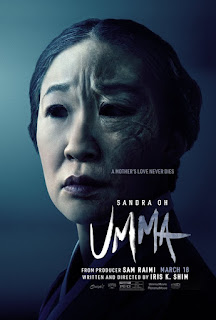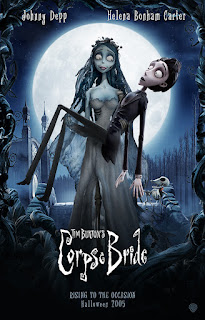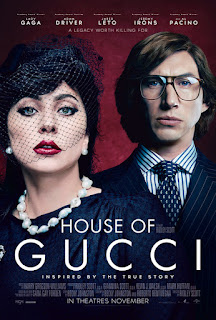Movie Name: The Devil Wears Prada
Year of Release: 2006
Director: David Frankel
Starring: Meryl Streep, Anne Hathaway, Emily Blunt, Stanley Tucci, Adrian Grenier, Simon Baker, Tracie Thoms, Rich Sommer, Daniel Sunjata, David Marshall Grant, James Naughton, Tibor Feldman, Rebecca Mader, John Rothman
Genre: Comedy, Drama
Score out of ten (whole numbers only): 6
Watch it on Amazon
Year of Release: 2006
Director: David Frankel
Starring: Meryl Streep, Anne Hathaway, Emily Blunt, Stanley Tucci, Adrian Grenier, Simon Baker, Tracie Thoms, Rich Sommer, Daniel Sunjata, David Marshall Grant, James Naughton, Tibor Feldman, Rebecca Mader, John Rothman
Genre: Comedy, Drama
Score out of ten (whole numbers only): 6
Watch it on Amazon
Synopsis and Review
With a career peppered with brilliant roles and performances, Meryl Streep's rendition of Miranda Priestley in "The Devil Wears Prada" is still to this day, one of her most memorable and instantly recognizable roles. The film which is an adaptation of Lauren Weisberger's novel, follows the story of Andy Sachs, a young journalism graduate who applies for a job at Runway, a prestigious and well known fashion magazine. The role she specifically is considered for is that of second assistant to the magazine's Editor-in-Chief, Miranda Priestley. After initially being dismissed due to not fitting the style they want, she manages to intrigue Miranda and is hired. While initially she struggles with fitting in, mostly due to the fact that she believes to be above fashion and its trends, Andy quickly learns some valuable lessons thanks in no part to Nigel, a close confidant of Miranda and a successful Art Director in his own right. She evolves her style and also her work ethic, constantly fulfilling Miranda's demands, at times going beyond what is actually professionally possible to be delivered. She soon finds herself struggling with her personal relationships, while also at work she is presented with a tough and morally challenging situation when Miranda asks her to go Paris for the fashion shows, something her colleague Emily had been longing to do for quite some time.
"The Devil Wears Prada" is a perfect example of how the brilliance of a performance can at times actually minimize the entire narrative of a film. "The Devil Wears Prada" is intended to be the story of how Andrea/Andy, a young and somewhat ambitious wannabe, gets tangled up in a high profile job which threatens to eat away at her soul and integrity. A bit like Alexander Mackendrick's "Sweet Smell of Success", only without the sophisticated scenario, "The Devil Wears Prada" features an iconic and ruthless figurehead, one that is feared by all, and that Meryl Streep manages to create as both a collection of quotable expressions and soundbites, but also someone she humanizes, by showing the person behind the facade. Even without being the central character in the narrative, she manages to maker her character simultaneously the most outlandish one, and the most humane. David Frankel who started his career in television before making his feature directorial debut with "Miami Rhapsody" in 1995, merely illustrates the narrative, failing to bring much in terms of a distinct storytelling, style or point of view. The film is nonetheless watchable, with the director capturing influences from Charles Shyer ("Baby Boom"), Rob Reiner ("When Harry Met Sally"), Nancy Meyers ("Something's Gotta Give") and even Nora Ephron ("You've Got Mail"), all films and directors who have somehow defined the staple for this type of "polished and elegant" comedy, where no one is ever particularly vicious, or insufferable, and where everyone is always minimally rich. The supporting cast manages to bring some dimension to the film, with particular emphasis going to Emily Blunt (in her breakout role) and Stanley Tucci. Anne Hathaway's role, for all her charm and competence, could in fact be played by a variety of other actresses to more memorable results (at the time, why not hire Reese Witherspoon or the edgier Eva Green for that role). The cinematography from Florian Ballhaus is solid, as is the score from Theodore Shapiro. The film is ultimately a good showcase for Meryl Streep's magnum talent, in a somewhat generic wrapper of a film.

















